You likely have heard the bad news already – the FCC has voted to repeal net neutrality, and relinquish control of ISPs almost entirely. Everyone is now wondering the same thing: What will happen next?
America’s fight for an open internet is still on.
It is easy to be fooled based on the negative headlines that our fight for an open internet is a complete loss. This couldn’t be further from the truth. Our fight is still alive and well, and the next front is the court system. On December 14th, The New York Attorney General Eric Schneiderman has announced that he is suing to block Net Neutrality’s repeal in a multi-state lawsuit. (https://www.cnbc.com/2017/12/14/new-york-attorney-general-schneiderman-will-sue-over-net-neutrality.html)
“The FCC just gave Big Telecom an early Christmas present, by giving internet service providers yet another way to put corporate profits over consumers,” Schneiderman said.
Advocate groups, like Free Press, are also joining in the legal action against the FCC. However, legal experts have said it “won’t be a slam-dunk case.”
What if we lose in court?
If the court systems will not protect us, the last battle for an open internet will certainly happen in congress. John Thune, a Republican South Dakota senator, has called for a bipartisan law in favor of upholding net neutrality. Congress is controlled by a Republican majority, but net neutrality should not be an issue that goes along party lines.
Congressmen have to worry about re-election, Ajit Pai (FCC chairman) does not. I think our best, and last chance likely lies in congress.
Some argue the repeal will be a good thing, here’s why it won’t.
With Ajit Pai regurgitating the same arguments across every screen in the nation, it is easy to believe the repeal may not be as bad as the media sets out to make it.
Pai argues that the lack of regulations will increase innovation and decrease the cost of internet to consumers. However, lack of net neutrality can be used to shut down competition via throttling start ups that can’t afford fast lanes, or outright blocking competitors. The repeal won’t help innovation, but rather reduce competition, and internet service providers (ISPs) have been caught throttling and hurting competition in the past.
No, Net Neutrality isn’t anything new
Another commonly regurgitated argument is that Net Neutrality simply didn’t exist before 2015 – that couldn’t be further from the truth.
Prior to the introduction of net neutrality regulations, the principle of net neutrality was long upheld by courts and regulators alike. DSL, the internet connection your home likely used before cable, was regulated under Title II, or net neutrality as it is known. 2015 wasn’t a magic year in which “heavy-handed” regulations were imposed, but rather when long standing principles of a free and open internet were solidified.
Still not convinced? Here’s what net neutrality violations look like.
(2005) An ISP in North Carolina known as “Madison River” blocked Vonage’s internet calling service competing with it’s phone services. The FCC put a stop to this.
(2007-2009) AT&T forced Apple to block Skype to stop competition with it’s own services. This practice stopped after pressure from the FCC.
(2010) Windstream Communications redirected searches done through the Google toolbar to their own search engine. (This would be like Comcast redirecting what you searched in Google to Bing – without you knowing)
(2011) MetroPCS announced plans to block streaming on it’s 4G network from all sources except YouTube, meaning Netflix simply would not work on their network. It is not known what happened to these plans.
(2011-2013) AT&T, Sprint, Verizon all blocked Google Wallet to stop competition to a similar service known as Isis (name was changed to Softcard) the three companies had steak in. The block ended when Google made a deal with Softcard.
(2014) Comcast admitted to throttling Netflix. Netflix ended up paying off Comcast to get speeds to get speeds to get prioritization – one of the first examples of anti-competition internet fast lanes.
(2017) Verizon admitted to throttling traffic from Netflix, providing the excuse of “network testing.” No action by regulators has been taken as of now.
The changes won’t happen in six months, they won’t happen in a year, but rest assured, I believe the ISPs will make their move if we don’t make ours first.



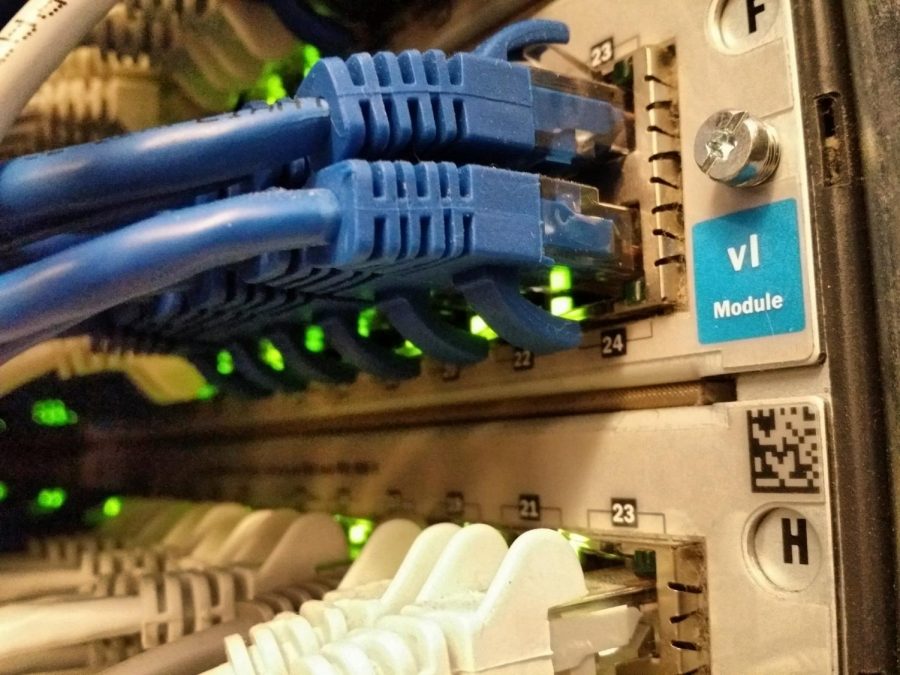


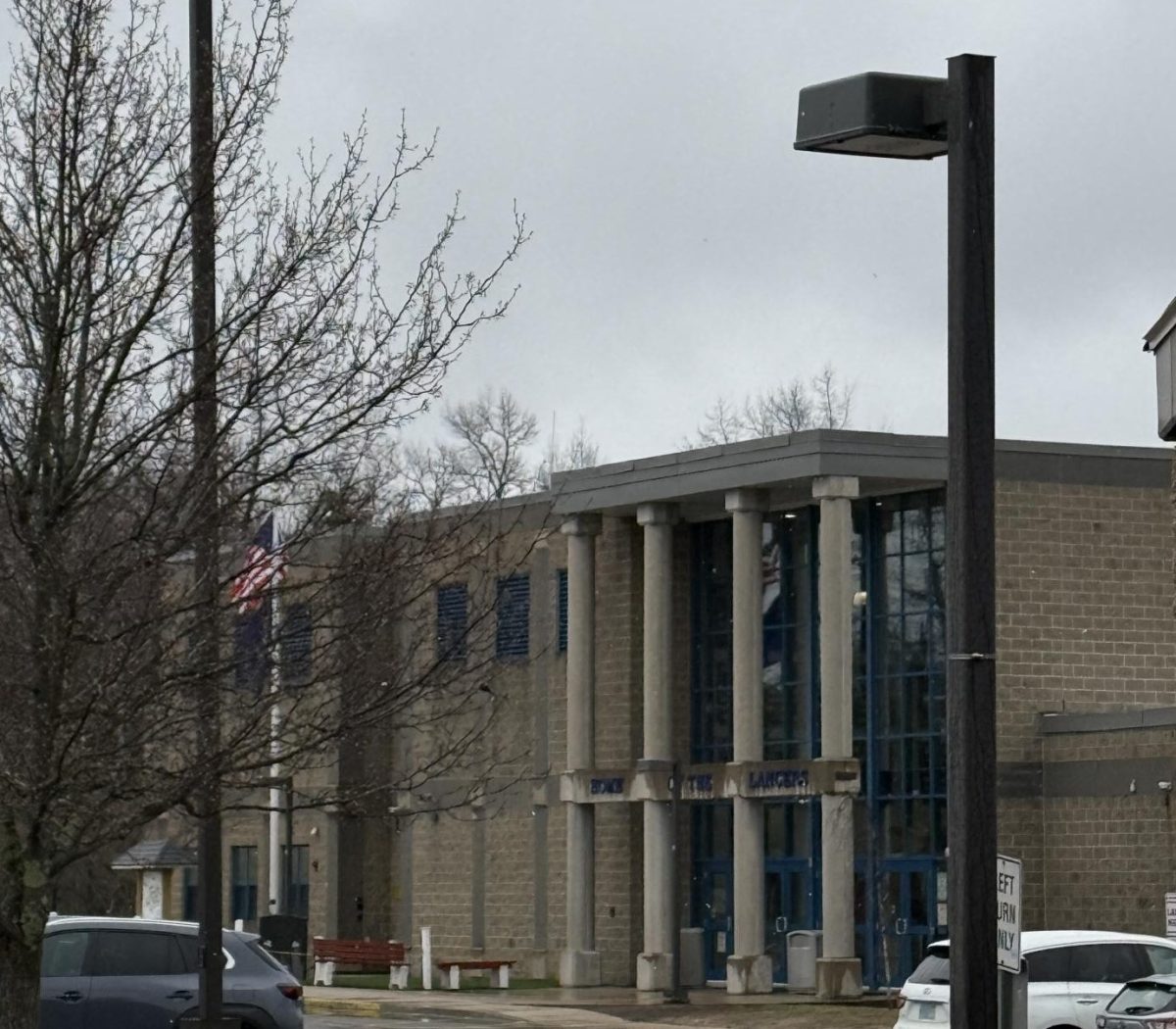
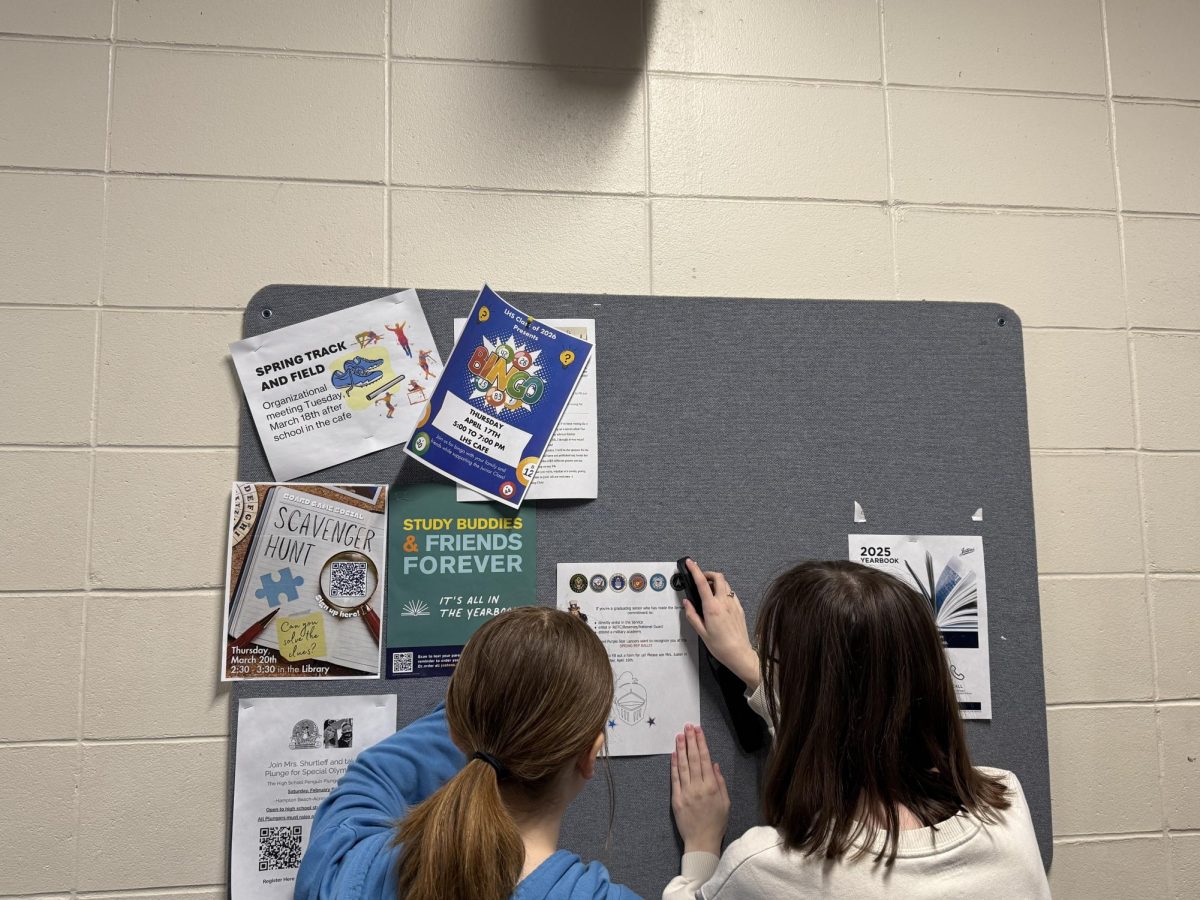


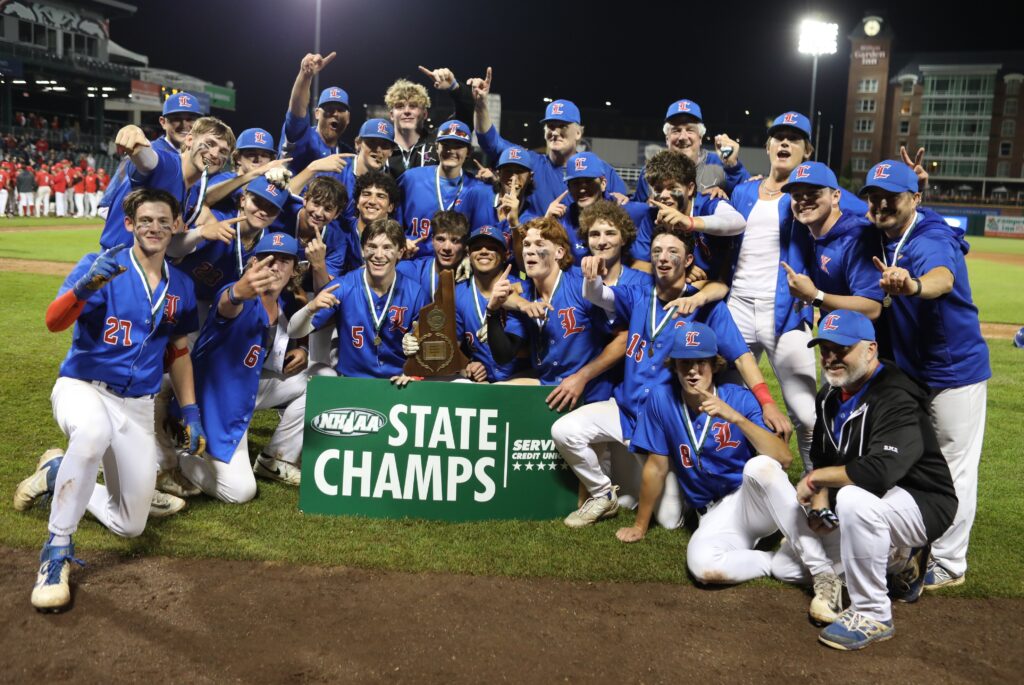
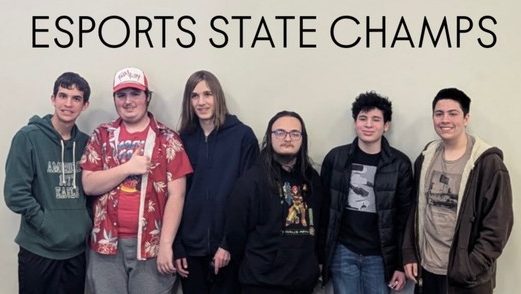

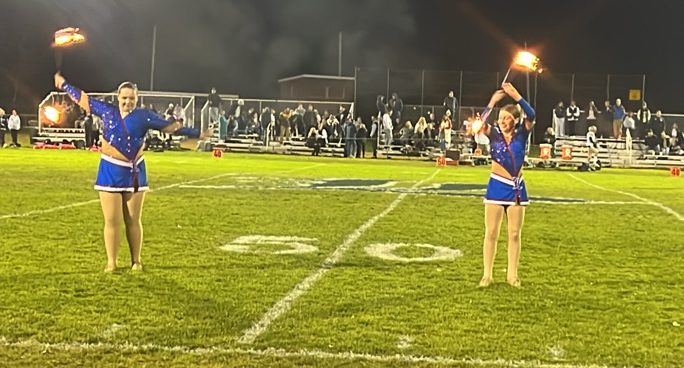



Abi Whitcomb
Jan 4, 2018 at 3:17 pm
Great article, Alex! Super informative! I watched the whole meeting and when I saw that Net Neutrality was struck down, my heart broke and I was FILLED with rage. Now I know that the conquest for a free and open internet is still alive!